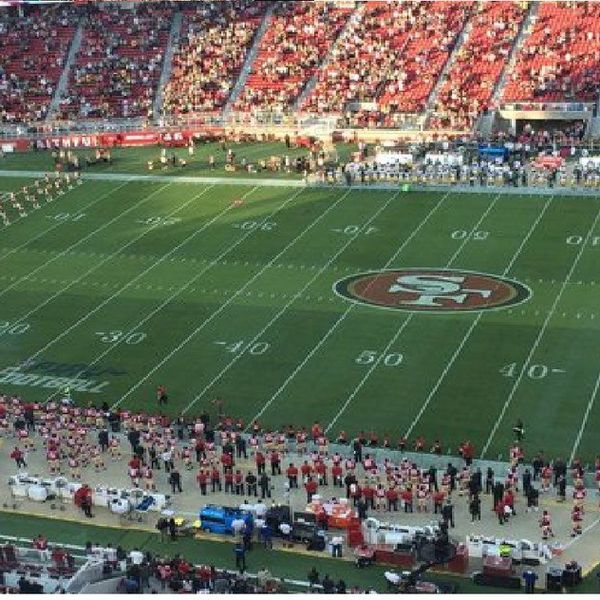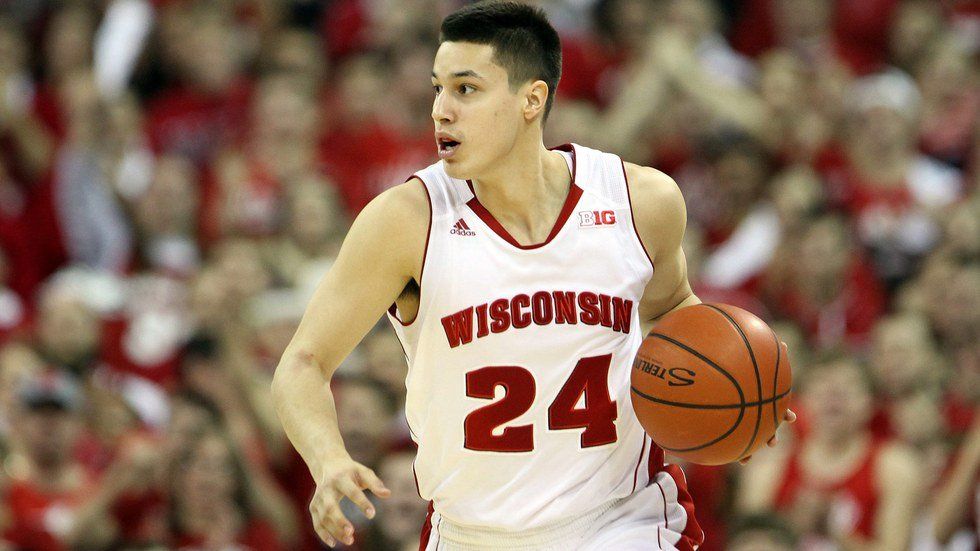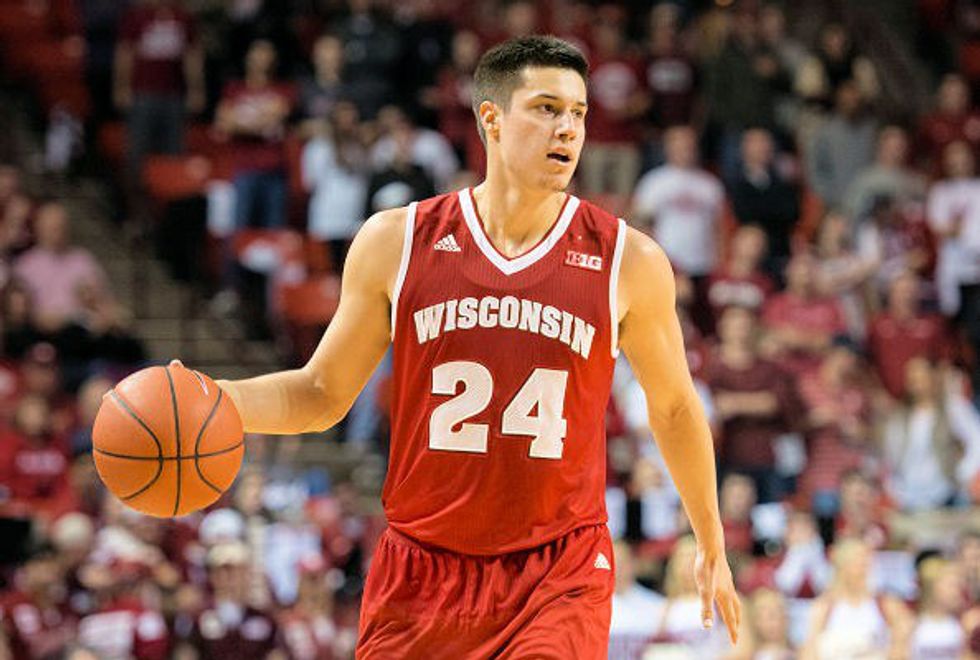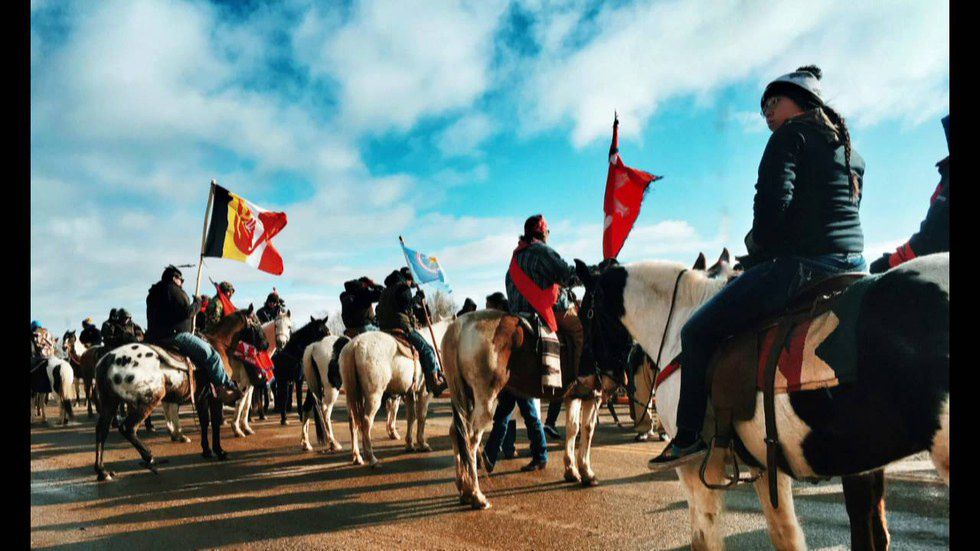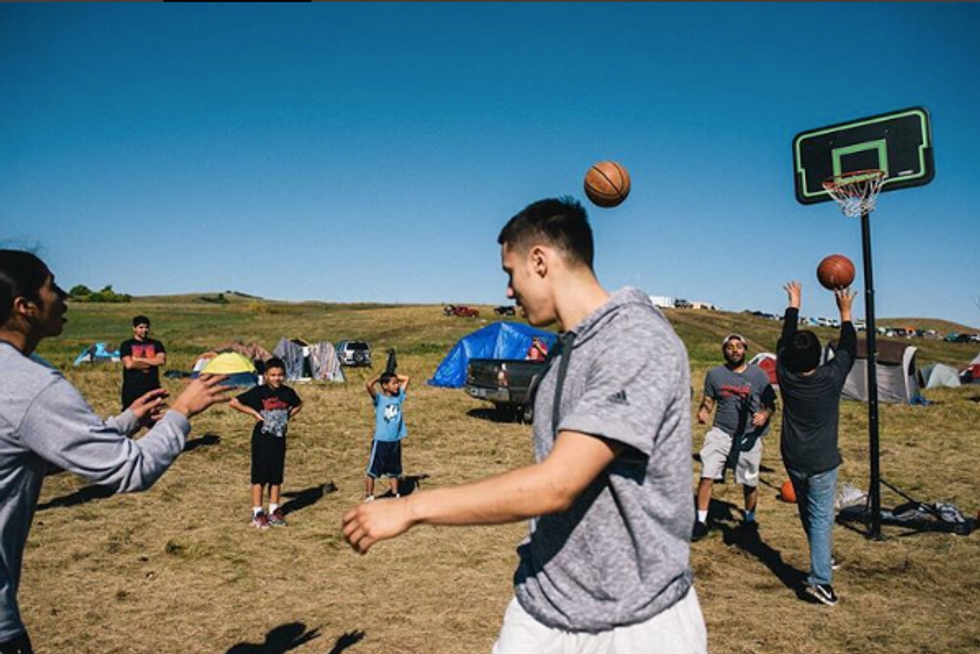It’s not life changing, technically speaking. There was no huge sum of money donated with a grand ceremony. In fact, the press only minimally covered the whole thing, and even ‘minimally’ might be an exaggeration. But maybe that’s the point- helping people and supporting a cause because you believe in it, not because it gets your name in the headlines.
We’re not used to seeing that from athletes. And by ‘that,’ I mean them actually being good people. It’s not because they aren’t, it’s because what gains the most attention in the media is drama and controversy. We may not want to admit it, but we’d rather read a story about an athlete falling from grace than one about volunteering and actually making a different.
Prime example: Colin Kaepernick. I know, I know, that story is tired. Kaepernick’s protest, in my opinion, was less about helping people and making our nation better so much as it was about trying to keep his own name relevant and in the conversation, even if it had nothing to do with football. And it worked. But who, exactly, is he helping (besides himself, that is)? It’s athletes like him who keep in the shadows those who are actually making a difference.
Bronson Koenig is not a professional athlete, having opted to return for his senior year rather than enter the NBA draft, which already says something about his character, if you ask me (something like, ‘I’m willing to put off a big payday because I love my team’). A senior guard for the University of Wisconsin, Koenig has been vocal about his Native American heritage throughout his time as a Badger, long before the recent hype surrounding social consciences.
Although Koenig didn’t grow up on a reservation, he frequently attended Native American events growing up and understands the importance of not only preserving those traditions, but protecting the sacred sites of tribes as well. Some of those sites are now being threatened- as well as the Missouri River as a water source- with the construction of a $3.8 billion, four-state oil pipeline. With one of his last remaining weekends before training starts for Big 10 basketball, Koenig took a stand.
This past Friday, Bronson Koenig, his brother Miles and trainer Clint Parks packed up a car and made the 13-hour trip from Madison, Wis. to Standing Rock Indian Reservation in North Dakota. In addition to bringing donated food, clothing and other supplies to the encampment, Koenig brought what he knows best: basketball. Saturday and Sunday, Koenig used his talents to host a basketball camp for the children on the Sioux reservation.
A simple act that is by no means life changing. But that’s not the point.
The point is that Bronson Koenig did what he could. As a student-athlete, he doesn’t have mass amounts of money to give away. He really doesn’t even have that much spare time with basketball season just around the corner. But he did what he could. He took the time and made the effort to make an already bad situation just a little bit better.
Koenig’s act was a quiet one. He didn’t do it for the press, he didn’t do it to gain attention or get ahead somehow. He did it because he cares. He did it because it’s the right thing to do, regardless of who is or isn’t paying attention. Maybe he didn’t change the world but he acted. Rather than just manipulate words, he actually did something about an issue that’s prevalent in our society.
We need more athletes like Bronson Koenig. We need more athletes- people who are admired in our culture- to step up and make things happen by acting; acting because that’s what is believed. Anyone can be Colin Kaepernick and sit during the national anthem. Anyone can say they care. But in the end, what matters is what is done, not what is said. Even if it’s something as simple as driving 13-hours to play basketball with some kids.


